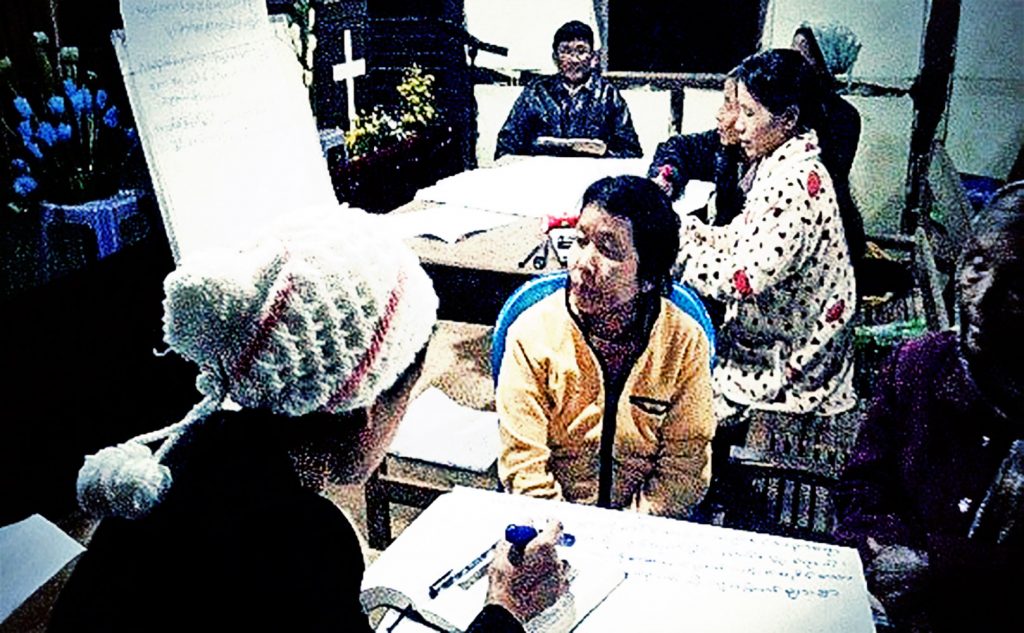Churches who participate in MBC’s programme realise their mission to serve their neighbours and community through Bible studies
We have shared with you CEDAR’s work in Yunnan in a previous ePrayer where we are actively facilitating churches in China to take part in transforming their own communities. Using the SALT model, we hope to help believers to establish relationship with their community as the salt of the world. We thank God for the great testimonies told by them. Today, we would like to share our similar efforts on mobilising churches in Myanmar to take part in their community.
Over the last three years, CEDAR have been partnering with Myanmar Baptist Convention (MBC) to encourage about 50 churches to train their congregation in transforming their communities, using the Umoja approach. Following the lead of the Holy Spirit is a core value of Umoja. Facilitators would conduct regular Bible studies to help believers realise their mission given by God; and through prayer, they would ask for the Holy Spirit’s help to think about ways to practise their faith in their community.
In the remote and impoverished Anout San Thar village, Christians were often busy with their farm work to support their families, and have little capacity to explore ways to improve their livelihoods, or to spend time with God and their neighbours. After the local church, Chin Baptist Convention, joined the church mobilisation programme. Two Umoja facilitators started hosting regular Bible studies for church members. Through that, local Christians came to understand God’s command for them to care for their community; as a result, they were also eager to learn about new livelihood skills and health knowledge.
When believers acknowledged their social responsibilities, their attitudes and behaviours changed. They learned to practise the lesson of loving their neighbors despite their busy work. One time, they helped a new family in the village to build their house and to weed and clean their place. It was through these efforts that church members got to connect with their neighbours, fulfilling God’s command and actualising the very meaning of the word “Umoja” [1]. The Church also realised that community development work need more than just financial support, mentality and behavioural changes are critical to the sustainability of development effort.
We believe that social involvement of churches does not always take the form of large scale projects. It will happen when each of Christ’s disciples serves their neighbours by following biblical truth and the Holy Spirit, just as how the villagers welcomed their new neighbours and served them in a godly way.
Prayer Items:
- Pray that God would bless our collaboration with MBC that our work could bless more churches, believers, and communities.
- Pray that the Holy Spirit would lead Christians in Myanmar into Truth so they could understand God’s command for them.
- Pray that the Holy Spirit would be their guide in responding to their immediate surroundings and in understanding each of their gifts and missions.
[1] “Umoja” means “togetherness” in Swahili language of East Africa.
